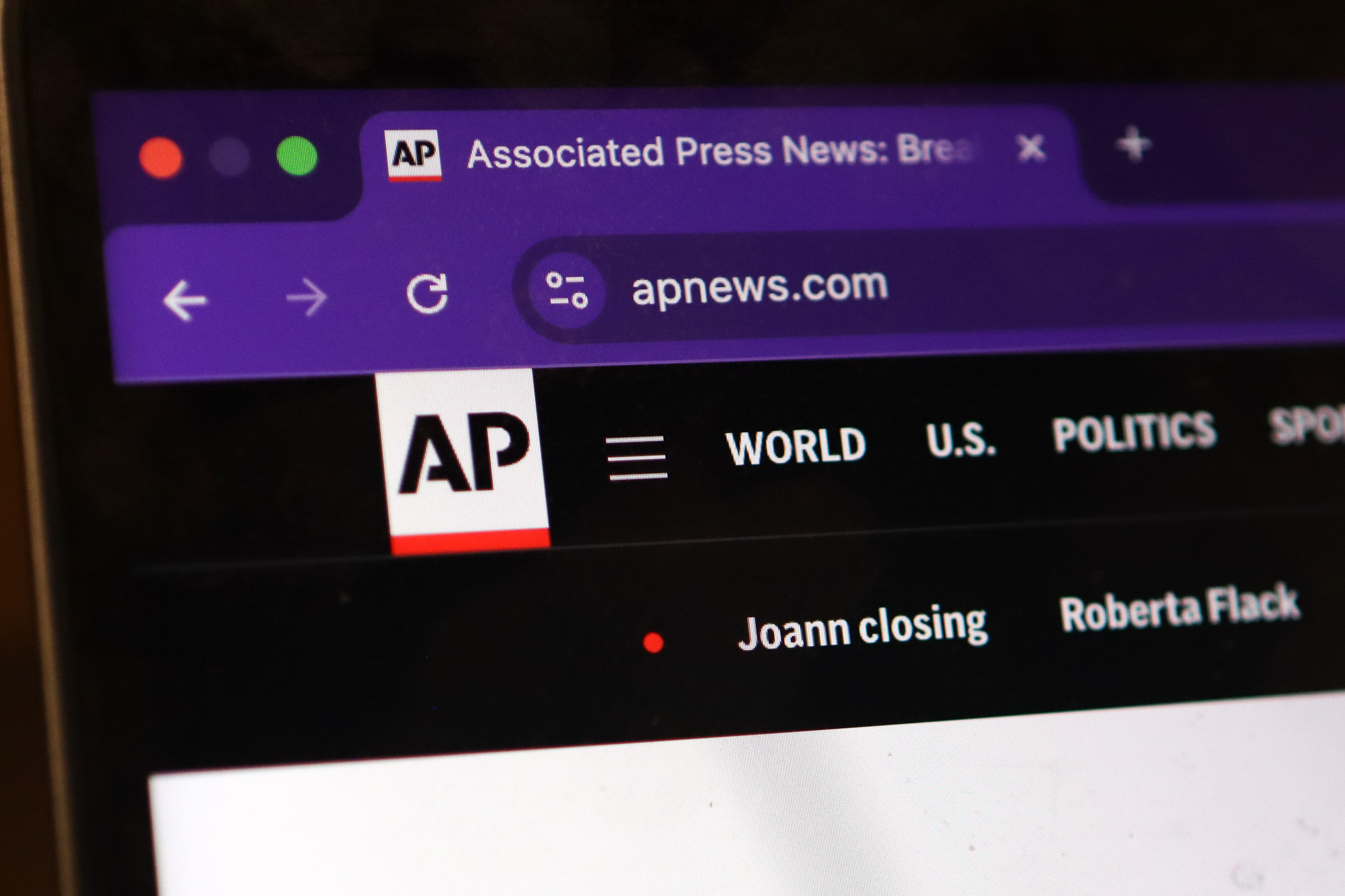From the assassination of John F. Kennedy in 1963 to the terrorist attacks on Sept. 11, the Associated Press has been at the forefront of breaking news as a part of the White House press pool — until this month.
White House officials declared Feb. 14 that AP journalists would be banned from “limited spaces, like the Oval Office and Air Force One” indefinitely.

The White House’s ban on AP reporters is due to a style dispute, which is raising questions about whether the Trump administration is violating the publication’s First Amendment rights.
President Donald Trump signed an executive order on Jan. 20 that renamed the Gulf of Mexico to the Gulf of America, and renamed Denali in Alaska to Mount McKinley.
The AP released style guidance on its website that it would use the name change for Mount McKinley, but would continue to refer to the Gulf of Mexico due to the name’s 400-year history and global recognition.
40 news organizations have signed a letter coordinated by the White House Correspondents’ Association urging the Trump administration to lift its ban since. Signees include CNN, NBC, The New York Times and right-wing news outlets Fox News and Newsmax.
The White House announced later Feb. 25 it would be determining which journalists and photographers would be allowed to join the pool.
Brian McGrory, chair of the journalism department at Boston University, said the ban was “somewhere between deeply disturbing and outright illegal.”
“[The AP is] a very neutral journalism entity that plays it straight [and] has played it straight forever,” McGrory said.
He said “to exclude them over something this trivial is, bluntly, insane,” and called Trump’s stance a “profound misunderstanding.”
McGrory was formerly the White House correspondent for The Boston Globe during the 1990s.
“I don’t recall anything like this that we’ve dealt with at the local level,” McGrory said. “I can’t imagine it would happen anywhere else.”
Joan Donovan, an assistant professor of journalism and emerging media studies, said the journalism industry is in an “information war” with the Trump Administration.
Donovan said partisan news sourcing doesn’t reflect reality, especially when opening doors for only right-wing news organizations.
Donovan argued one of the real issues at hand is the concept of the truth.
“The struggle over truth and knowledge and expertise goes hand-in-hand with state-making, and Trump wants an easy win,” she said. “As long as you have a group of important institutions like [the] AP refusing to acquiesce to something that is an illegitimate call to change, then the AP is in the right.”
The AP filed a lawsuit against the White House Chief of Staff, Deputy Chief of Staff and Press Secretary Feb. 21.
The AP’s legal complaint argues the White House violated the right to free press, and therefore the Fifth Amendment right to due process.
Kai Taylor, a freshman in the College of General Studies and prospective journalism major, said the Trump administration’s “animosity” towards the press is not entirely discouraging.
“It’s never good that an administration is discouraging and preventing working with news agencies,” Taylor said. “At the same time, that’s what’s expected of the field. It’s keeping high institutions accountable..”
Carol Rose, executive director at the ACLU of Massachusetts, wrote in a statement to the Daily Free Press they “commend” the journalists who have stood in defense of the AP.
“If the President can target a news outlet over a dispute about their style guide, imagine what he will do in the face of real adversarial reporting,” Rose wrote. “We must protect the free press, and we must never stop speaking truth to power.



























































































































